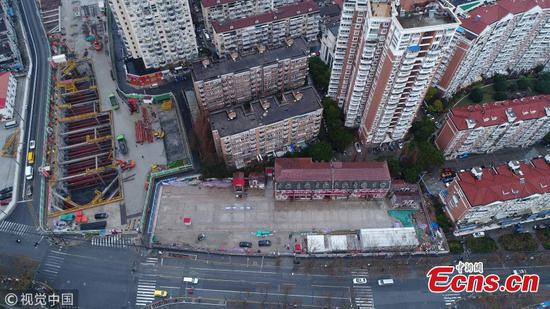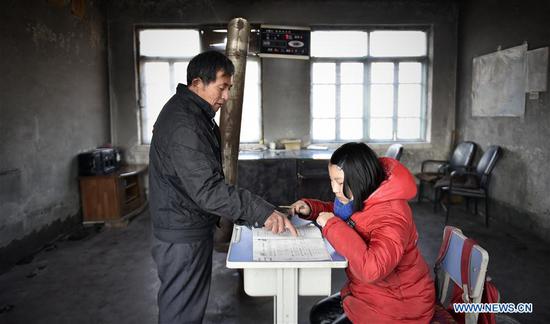Many more tax and fee cuts and stronger government spending are the two pillars supporting China's proactive fiscal policy in 2019, focusing on improving the business environment and boosting infrastructure investment, Finance Minister Liu Kun said in an interview on Friday.
A larger amount of tax and fee reductions, compared with about 1.3 trillion yuan ($192.9 billion) in 2018, will be put in place this year, especially for manufacturing and small companies, Liu told Xinhua News Agency.
"No matter the total amount or as a share of the GDP, the tax and fee cuts last year were higher than any other country in the world, and they have effectively lowered costs for the real economy," Liu said.
The finance ministry is working with other government departments on a plan to reduce the social security premium rate, and it will further ease burdens on enterprises. Reforms to the value-added tax will also be improved, he said.
"Moderately" expanding fiscal spending is another important measure to support infrastructure construction and stabilize economic growth, Liu said.
Local governments are encouraged to raise more funds through special bonds and accelerate the bond issuance process.
"Any delay of bond issuance that hinders construction of major projects is absolutely not allowed," he said.
Bond issuance will start in January as a result of top policymakers approving the annual quota of 1.39 trillion yuan earlier than usual, with 810 billion yuan of the quota allotted for special-purpose bonds such as those used for construction, according to the Ministry of Finance.
The fiscal policy package, with tax cuts as the core, was stronger than expected, said Shen Jianguang, chief economist at JD Finance.
"As an important part of the countercyclical adjustments in the face of economic slowdown pressure, the moves could help to stabilize employment and improve structural reform," Shen said.
Liu said, "It doesn't mean crossing the bottom line of debt risk, but balancing growth stabilization with risk prevention. The precondition is to improve management of the government debt."
The ministry also will tighten regulation of the budget performance evaluation system. Some unnecessary spending should be avoided, and the government needs to "tighten its belt", Liu said. He pledged to reduce general government spending by more than 5 percent this year.


















































